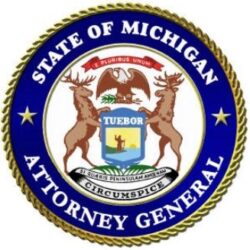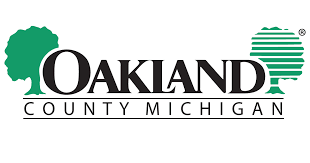OAKLAND COUNTY, Mich. (WXYZ) — Oakland County Executive Dave Coulter will announce a partnership for additional COVID-19 testing.
Coulter will also introduce an additional health order designed to protect residents and essential business employees.
Additionally, he will update the public on the number of COVID-19 patients in Oakland County who have recovered.
Coulter will hold a press conference at 11 a.m. Watch here.
Additional Coronavirus information and resources:
Read our daily Coronavirus Live Blog for the latest updates and news on coronavirus.
Click here for a page with resources including a COVID-19 overview from the CDC, details on cases in Michigan, a timeline of Governor Gretchen Whitmer’s orders since the outbreak, coronavirus’ impact on Southeast Michigan, and links to more information from the Michigan Department of Health and Human Services, the CDC and the WHO.
View a global coronavirus tracker with data from Johns Hopkins University.
Find out how you can help metro Detroit restaurants struggling during the pandemic.
See all of our Helping Each Other stories.
See complete coverage on our Coronavirus Continuing Coverage page.




![items.[0].image.alt](https://ewscripps.brightspotcdn.com/dims4/default/3b4e536/2147483647/strip/true/crop/797x448+0+110/resize/1280x720!/quality/90/?url=https%3A%2F%2Fewscripps.brightspotcdn.com%2Faa%2Fd2%2F793af8af439f85f800b950b14504%2Flogo.png)

